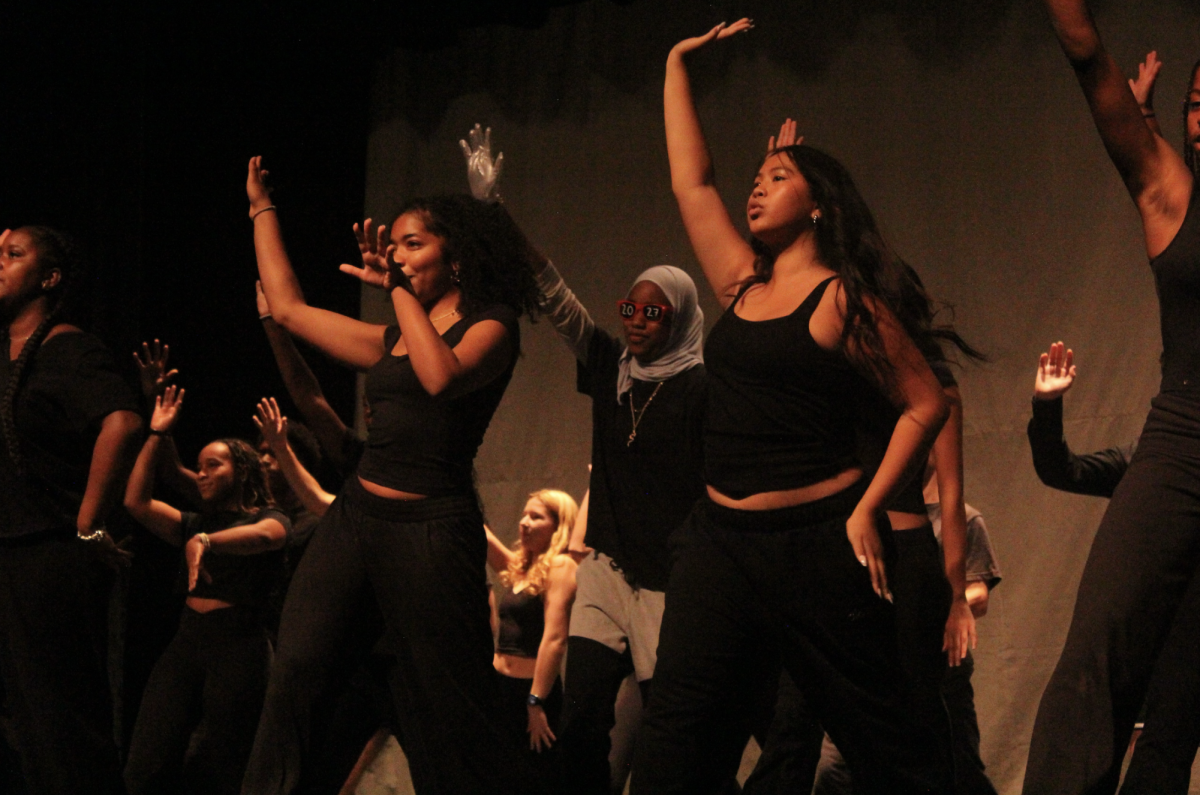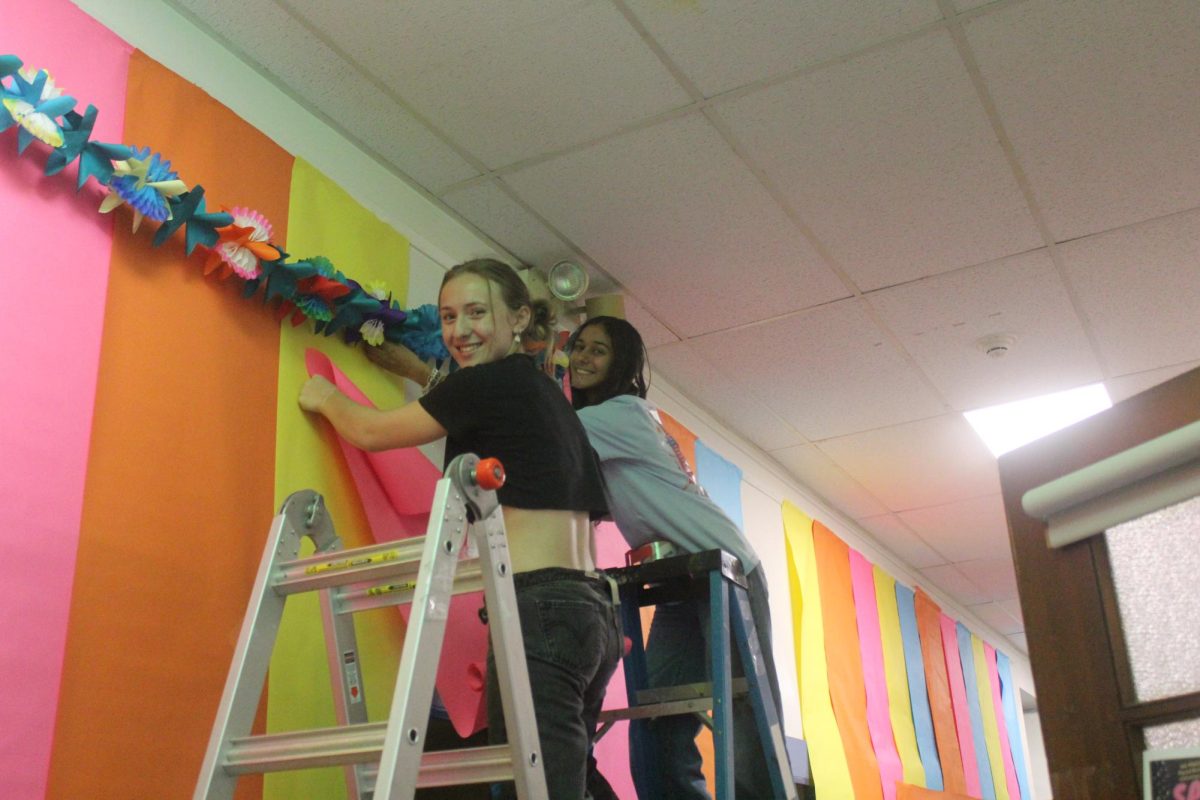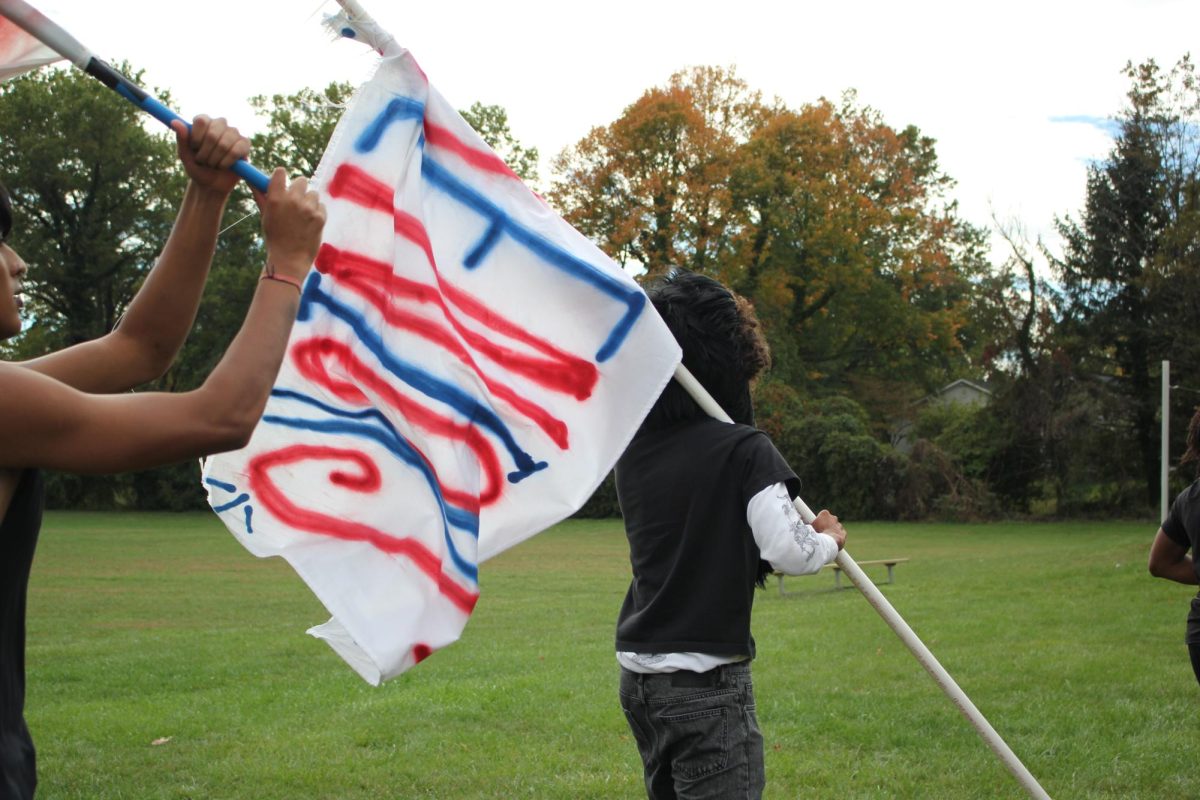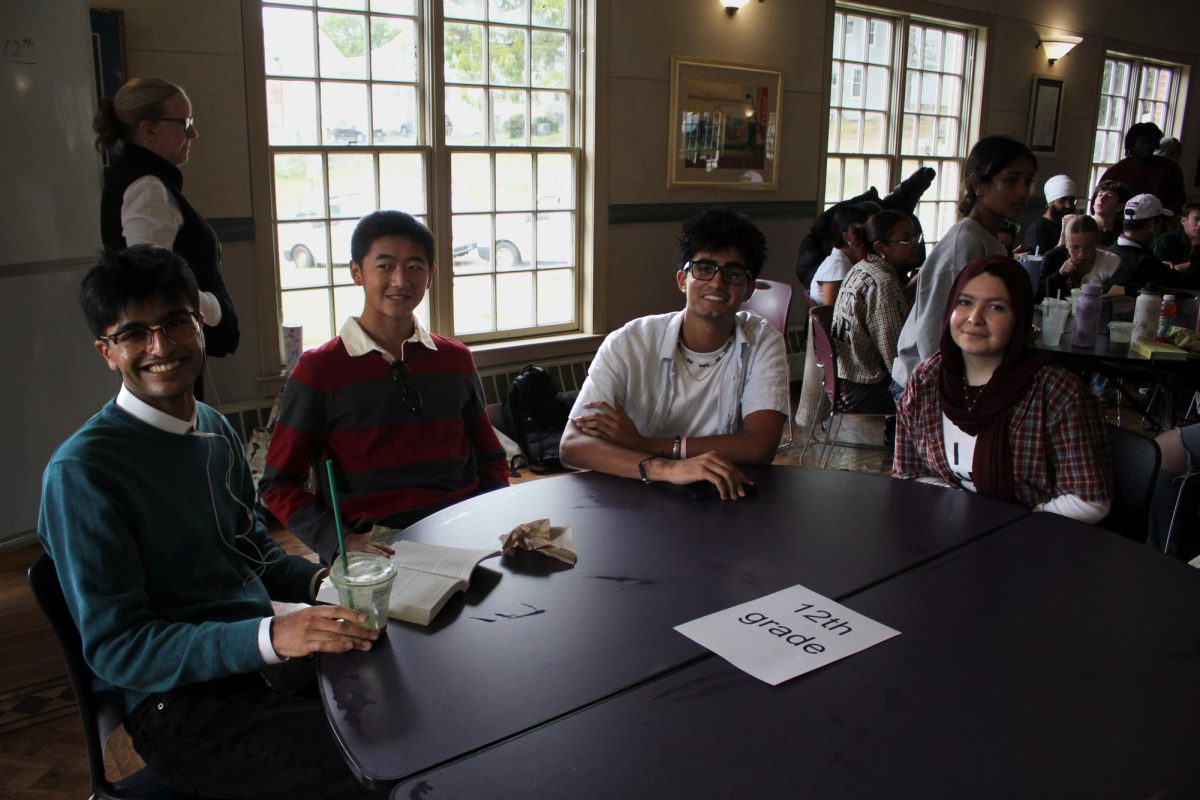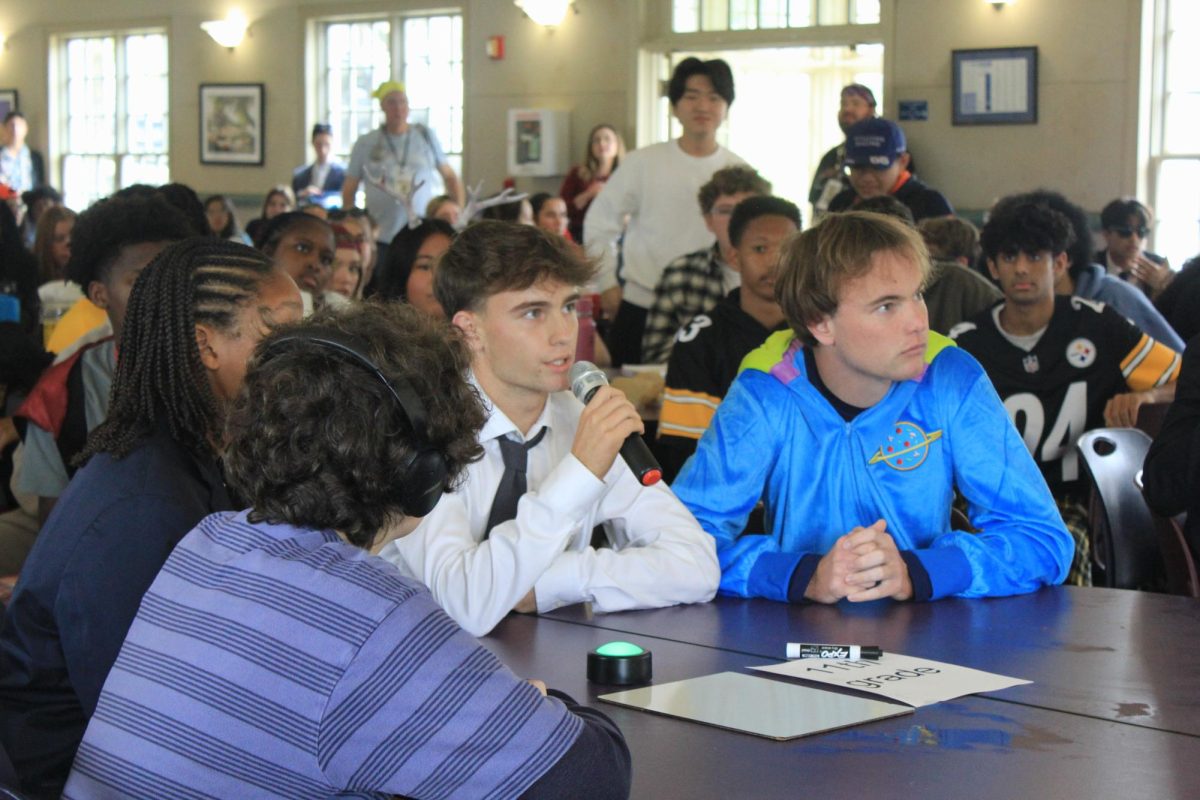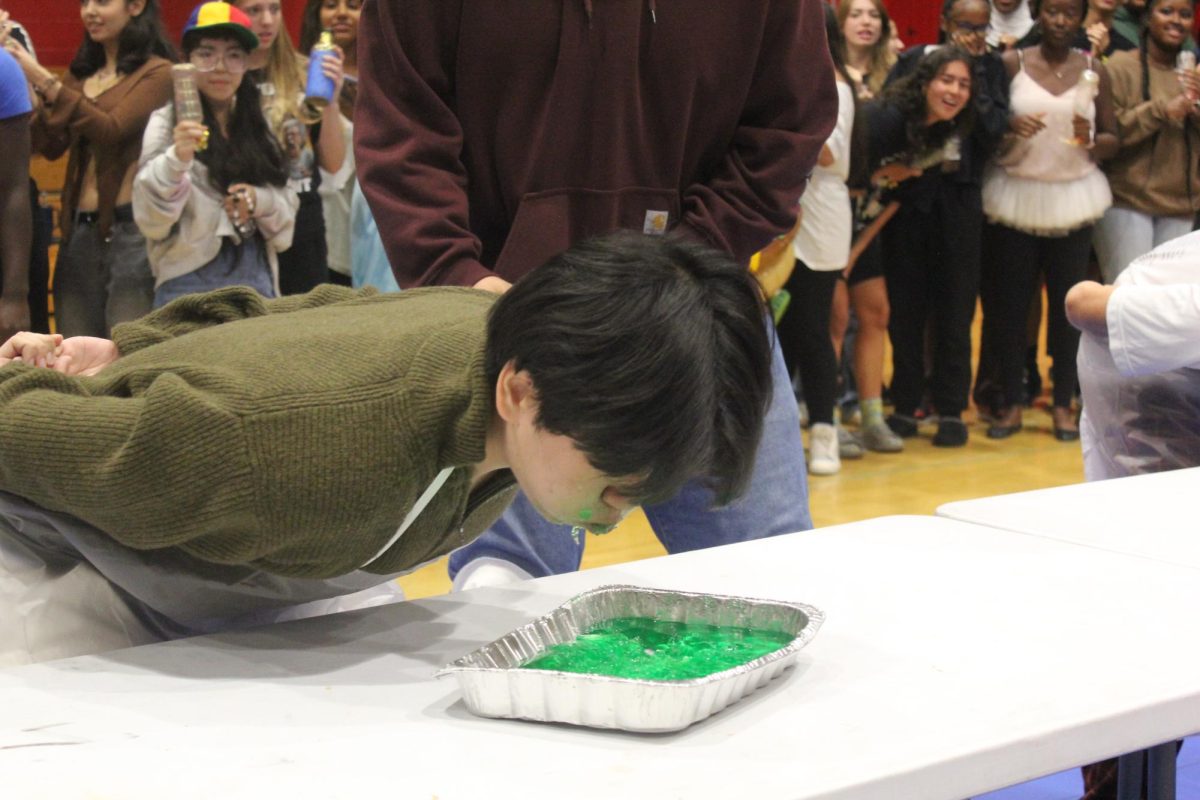
This year, the first days of school were a little different. The English program introduced new anti-plagiarism training.
This training is meant to draw clear lines between what is plagiarism and what isn’t. The students engaged in a several-day-long thorough explanation of plagiarism and its consequences. The training specifically highlights existing school policy that students caught plagiarizing their essays will receive a zero and face disciplinary actions.
The program lasted several days and included fun examples about Harry Potter. The students were required to bring a form home to their parents. They were given specific instructions to inform their parents or guardians on plagiarism. They then had to turn it in the next day with their parents’ or guardians’ signature. At the end of the training, the students had to receive a 100 percent on their quiz in order for the training to be complete.
Wordsworth spoke with Debra Galler, English department chair, who worked with her department to create this training at the suggestion of the administration. While many people were led to believe that the training was created due to an influx of plagiarism, Galler said otherwise: “The training was not reactionary. It was a curriculum choice to emphasize integrity in everything we do.”
Galler said she believes the plagiarism training definitely changed the attitude of the first day of school, saying, “The opening day shifted to a serious topic.”
According to Galler, the decision to add the new training came out of a long process. The main goal was to give students a clear message on the school’s stance on plagiarism, which is that there would be serious repercussions, with the work receiving a zero and possible suspension.
This training was also meant to allow students to ask questions. Galler said this objective was met: “From the perspective of a teacher, students asked good and tough questions. They had a space to challenge issues with plagiarism. It seemed like a positive outcome.”
For freshman Abby Taylor, the training proved beneficial. According to Taylor, the experience wasn’t stressful, “The only stressful part was getting [the form] in on time.”
“Now I know what things are plagiarism and what aren’t. Some things that I thought weren’t plagiarism actually are,” explained Taylor.
According to freshman Jenna Goldeski, her experience wasn’t as beneficiary. “The training was very repetitive. Some of the stuff felt very obvious. Some of it was useful, but a lot of it was stuff I’ve known for a while.”
Freshman Andrew Elmore said, “I didn’t know there were so many forms of plagiarism out there. It really helped me avoid unnecessary situations where my position would be threatened because of plagiarism.”
“The department and the administration are currently talking about ways to continue the program and adapt it for those who already went through it this year,” explained Galler.


